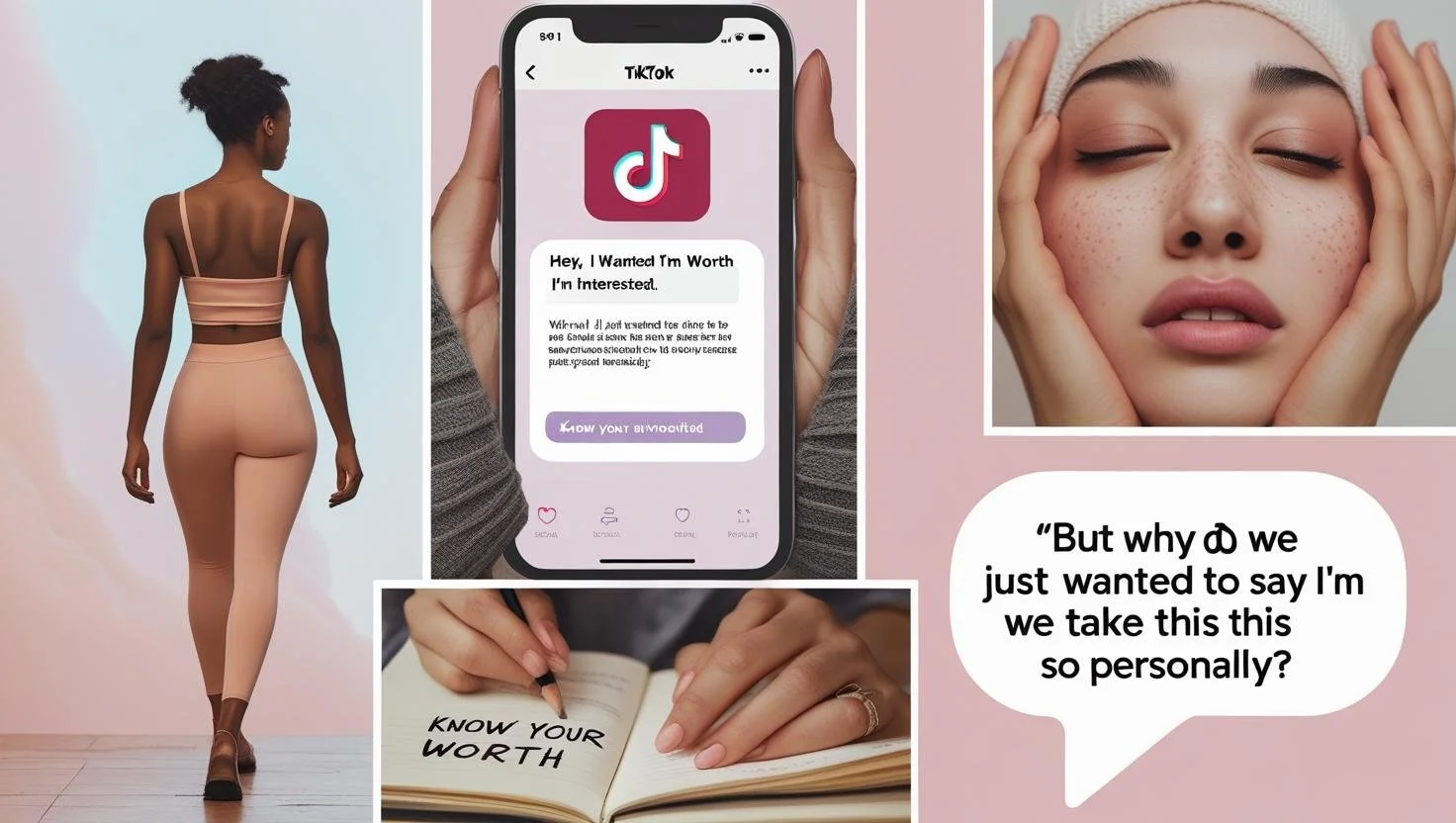Rejection Therapy & Why It Helps Men More Than Women
What TikTok didn’t tell you about asking men out, getting rejected, and who really benefits.
Introduction: The Trend That’s Supposed to Make You Braver
If you've spent any time on TikTok or YouTube lately, you’ve probably seen Rejection Therapy. The concept is simple: deliberately seek out situations where you might get rejected to build emotional resilience. Originally popularized by Jia Jiang, the goal was personal growth — to lessen the sting of “no” and become more fearless in life.
But now, it’s been repackaged.
For women, rejection therapy has taken on a different twist: walking up to men, asking them out, or putting yourself in the position to face romantic rejection — often on camera. The energy behind it is bold. It’s framed as empowering. But under the surface, many women are starting to ask: Who does this actually benefit?
Because the truth is, this trend might help men more than it helps us.
Part 1: The Origins Were Noble — Until the Power Dynamic Shifted
Rejection therapy started as a self-improvement experiment. Jia Jiang, a man, intentionally put himself in situations where he’d be told “no” — asking strangers for $100, requesting burger refills at fast food restaurants, asking to fly a private plane. His vulnerability was radical and meaningful.
It made sense because men, on average, are not socialized to deal with emotional pain. They’re taught to chase, persist, and detach. Rejection therapy taught men to become more emotionally resilient — something many desperately needed.
But when women try the same thing — in romantic settings — the social dynamic shifts entirely.
Part 2: When Women Do It, It Feeds the Very Problem
Let’s be honest: women have been rejected for centuries. Not just romantically, but professionally, socially, and even in our own families. We’ve grown up bracing for rejection — from being called “too emotional,” “too much,” “too plain,” or “too strong.” Rejection is not new to us. We’ve had to develop emotional resilience out of survival.
So when women flip the script and start approaching men as part of this trend, something unexpected happens:
We begin to overextend, while men become more comfortable receiving.
It reinforces an already uneven system:
Men get more practice being adored.
Women absorb more emotional labor.
The chase is removed, but not the effort.
Even worse, some women share these rejections online — only to face shame, mockery, or ridicule. Meanwhile, men benefit from increased confidence and less pressure to initiate.


